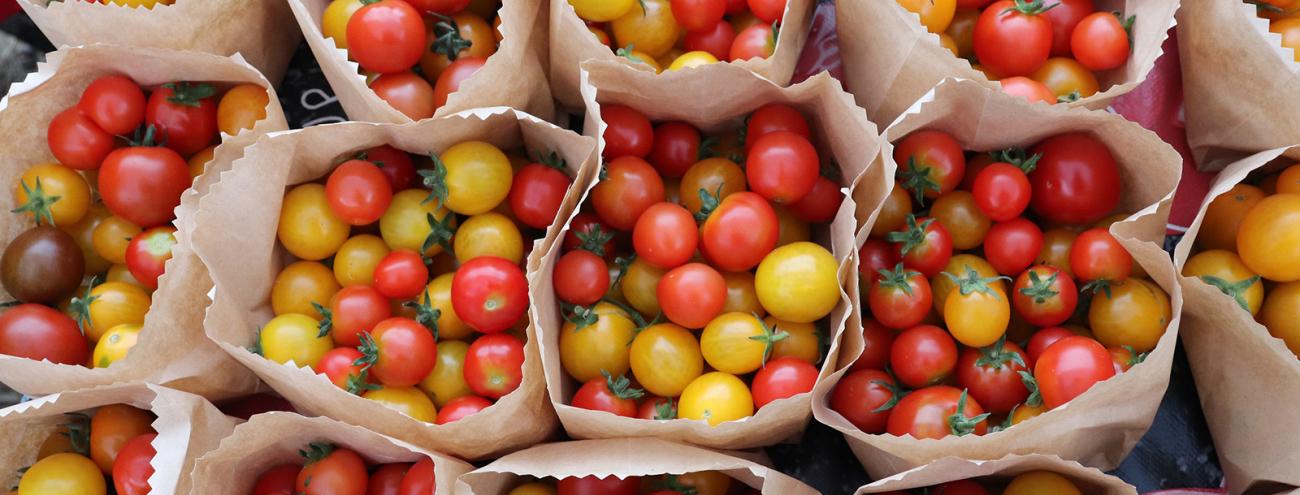
Interview: Sara Kozicky, Min Jung Kim, Amy Dong
Food Insecurity Project Manager at UBC Wellbeing, Sara Kozicky – along with students Min Jung Kim and Amy Dong – offered insight into the need for and work towards establishing a Community Food Security Hub at UBC.
Concerns around food security are increasingly common, especially in higher education settings. Initiatives like food banks or emergency food programs are often adopted as a response, but they represent temporary measures and do not have the ability to comprehensively address food insecurity.
“The main and overarching component of the project was developing a strategy for envisioning a Community Food Security Hub on the UBC Vancouver campus,” explains Sara Kozicky, project lead. “To do so, we realized that involving the community was central and we adopted community-based participatory action research as the main method for engagement.”
The Community Food Security Hub differs from other CLL projects due to its strong student leadership component. “Ever since the beginning, students were given a leadership role,” says Min Jung Kim, a work-learn student who has been working on the project since its kickoff. “We would play a major role in the initial stakeholder consultation, but also in planning and conducting community engagement.”
The UBC community was engaged through various activities, such as dialogue sessions and community meals, both online and in-person. Throughout engagement sessions, students working on the project had the opportunity to ask how participants envisioned the Community Food Security Hub. These engagement sessions were made possible thanks to partnerships with student groups like AMS student clubs, Sprouts, and Agora, as well as other major student-led food security leaders on campus.
“People want to see a very welcoming, inclusive, and accessible space that reminds them of ‘grandma’s living room’” says Amy Dong, another work-learn student involved in the project. “People are genuinely interested in food security; I was impressed by all the ideas that they shared”.
While a Community Food Security Hub is clearly centred around food and access to food, what most people mentioned in the engagement session was that they envisioned a space that could give them a sense of community, as well as a place that fostered relationships and allowed for diverse representation. Additionally, people showed support for areas that intersect with food insecurity, such as mental health, and financial and academic support.
The project team has carefully collected inputs provided by the UBC community and is now moving towards the next step of the project – the launch of the Community Food Security Hub – expected in fall 2022.
“The model we are envisioning involves a central, physical location, probably including the Food Hub Market, which we have already introduced and is a low-cost grocery store at the bottom of CIRS,” explains Min. “But, considering what emerged in the engagement sessions, we want to install multiple locations to enhance physical accessibility and frequency of usage. These locations could be managed by partners.”
Partners who envisioned the Community Food Security Hub will support its development and remain involved in the future beyond the engagement phase.
It will be one of the first of its kind in a post-secondary institute in Canada, re-affirming UBC’s commitment to lead health promotion action as guided by the Okanagan Charter.